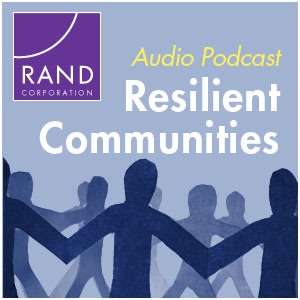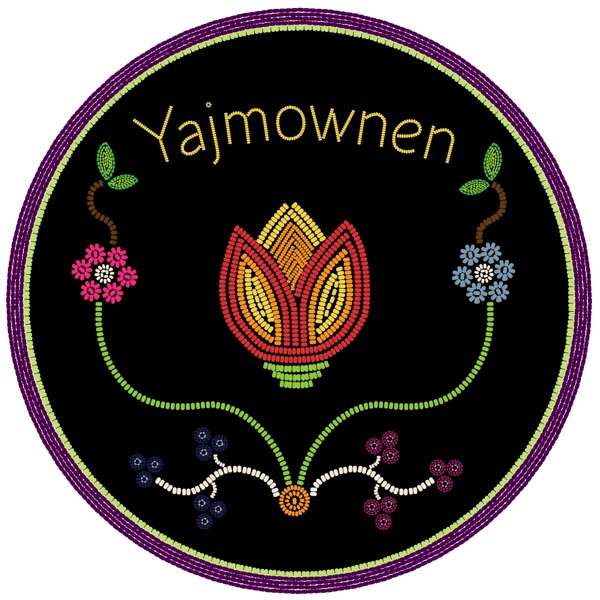Eric and Glenn discuss their holiday parties and preparations, play another round of "Where in the Whorld?", and then interview a guest all the way from Sydney, Australia. Teneil Hannah, a PhD candidate at the University of Technology Sydney (UTS), joins the podcast to talk about some of her recently presented research on fingermark grading/quality scales. These are scales used by practitioners or researchers to evaluate the effectiveness of potentially new processing and visualization techniques to develop latent fingerprints. Whenever a laboratory is deciding to adopt a new treatment or change an existing one, the lab is expected to perform testing to evaluate the technique. There are a number of scales available to assess latent prints. Teneil walks us through what the most common scales are, who is using what, why are these scales important, and what modifications can be made to existing scales to improve their wide spread adoption and usage.
References from Episode:
CAST Scale
Bandey, H.L. and Gibson, A.P., The Powders Process, Study 2: Evaluation of Fingerprint Powders on Smooth Surfaces, in Fingerprint Development and Imaging Newsletter. 2006.
UNIL Scale
Becue, A., Moret, S., Champod, C., and Margot, P., Use of quantum dots in aqueous solution to detect blood fingermarks on non-porous surfaces. Forensic Science International, 2009. 191: p. 36-41.
UC Scale
McLaren, C., Lennard, C., and Stoilovic, M., Methylamine Pretreatment of Dry Latent Fingermarks on Polyethylene for Enhanced Detection by Cyanoacrylate Fuming. Journal of Forensic Identification, 2010. 60: p. 199-222.
IFRG Guidelines
International Fingerprint Research Group, Guidelines for the assessment of fingermark detection techniques. Journal of Forensic Identification, 2014. 64: p. 174-197.
Hockey, D; Dove, A; Kent, T. Guideline for the use and statistical analysis of the Home Office fingermark grading scheme for comparing fingermark development techniques. For Sci Intl 318 (2021) 110604.
Hanna, T; Chadwick, S; Moret, S. Fingermark quality assessment, a transversal study of subjective quality scales. For Sci Intl 350 (2023) 111783.

 Our TOPPODCAST Picks
Our TOPPODCAST Picks  Stay Connected
Stay Connected







